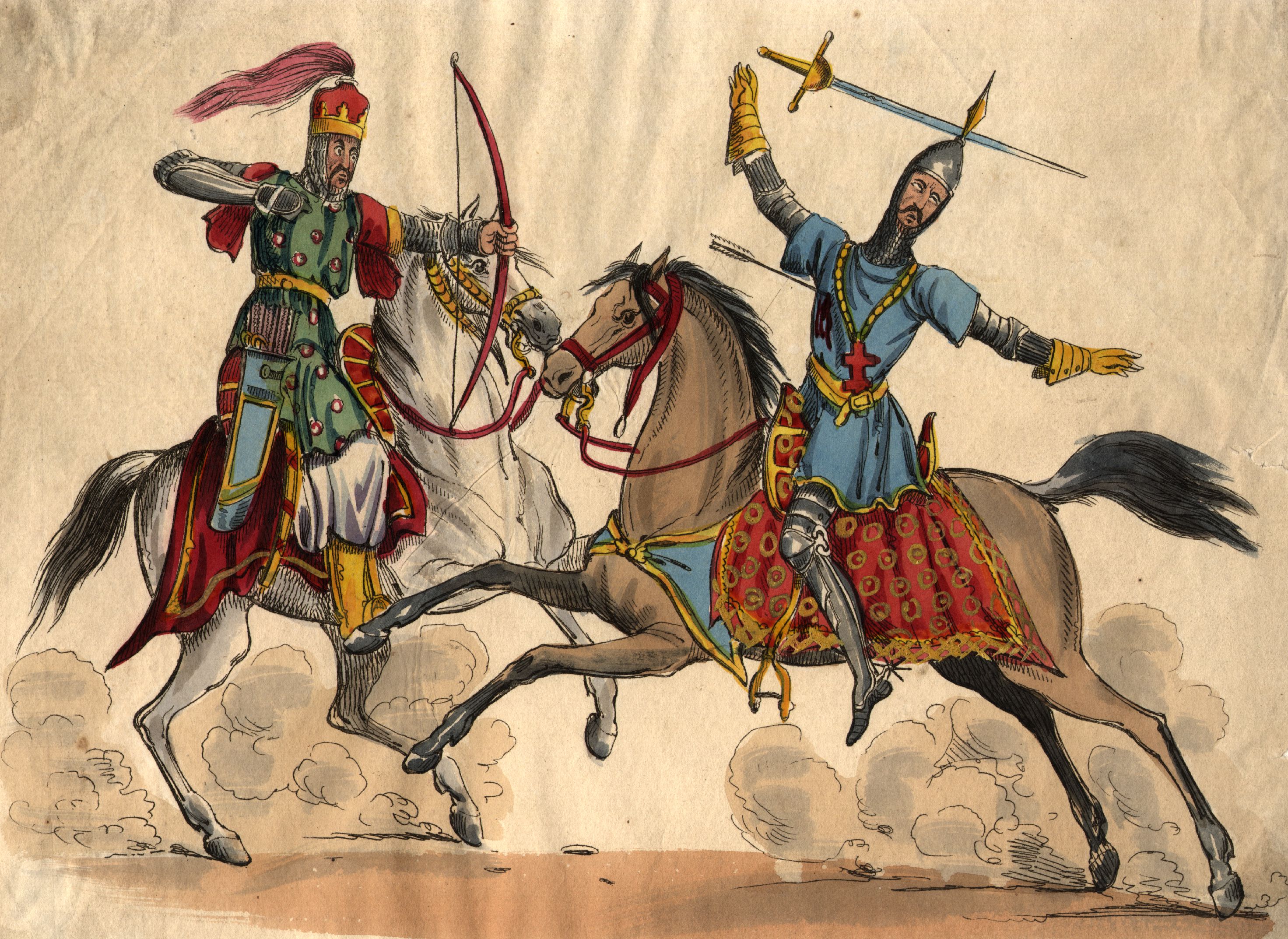ISIS is scared of a medieval strain of Islamic thought. One Muslim proposes exploiting that.


A free daily email with the biggest news stories of the day – and the best features from TheWeek.com
You are now subscribed
Your newsletter sign-up was successful
The Islamic State's "religious ideology needs to be taken seriously," says Mustafa Akyol at The New York Times. ISIS's thinking doesn't represent mainstream Islam, as Islamophobes often claim, nor does ISIS have "'nothing to do with Islam,' as many Islamophobia-wary Muslims like to say," Akyol writes. But if Islam is a recruitment and ideological tool for ISIS, why not use Islamic theology to battle it? He pointed to an 18-page article in the March issue of ISIS's English-language magazine, Dabiq, titled "'Irja': The Most Dangerous Bid'ah," or heresy. Akyol provides some background:
Unless you have some knowledge of medieval Islamic theology you probably have no idea what irja means. The word translates literally as "postponing." It was a theological principle put forward by some Muslim scholars during the very first century of Islam. At the time, the Muslim world was going through a major civil war.... In the face of this bloody chaos, the proponents of irja said that the burning question of who is a true Muslim should be "postponed" until the afterlife. Even a Muslim who abandoned all religious practice and committed many sins, they reasoned, could not be denounced as an "apostate." Faith was a matter of the heart, something only God — not other human beings — could evaluate. [Akyol, The New York Times]
This strain of Islamic theology "could have been the basis for a tolerant, noncoercive, pluralistic Islam — an Islamic liberalism," but instead it all but disappeared, Akyol said. At least in name. In practice, he said, "there are hundreds of millions of Muslims around the world who are also engaged in irja, even if they are unfamiliar with the term." ISIS calls these Muslims heretics, he argues, but irja is actually "true piety combined with humility — the humility that comes from honoring God as the only judge of men," and likeminded Muslims need to "join me in wearing the irja badge with price — and revised knowledge. We lost this key theology more than a millennium ago, but we desperately need it today to both end our religious civil wars and to establish liberty for all." You can read Akyol's lesson and plea at The New York Times.
A free daily email with the biggest news stories of the day – and the best features from TheWeek.com
The Week
Escape your echo chamber. Get the facts behind the news, plus analysis from multiple perspectives.

Sign up for The Week's Free Newsletters
From our morning news briefing to a weekly Good News Newsletter, get the best of The Week delivered directly to your inbox.
From our morning news briefing to a weekly Good News Newsletter, get the best of The Week delivered directly to your inbox.
Peter has worked as a news and culture writer and editor at The Week since the site's launch in 2008. He covers politics, world affairs, religion and cultural currents. His journalism career began as a copy editor at a financial newswire and has included editorial positions at The New York Times Magazine, Facts on File, and Oregon State University.
-
 ‘My donation felt like a rejection of the day’s politics’
‘My donation felt like a rejection of the day’s politics’Instant Opinion Opinion, comment and editorials of the day
-
 Trump wants a weaker dollar but economists aren’t so sure
Trump wants a weaker dollar but economists aren’t so sureTalking Points A weaker dollar can make imports more expensive but also boost gold
-
 Political cartoons for February 3
Political cartoons for February 3Cartoons Tuesday’s political cartoons include empty seats, the worst of the worst of bunnies, and more
-
 ‘One Battle After Another’ wins Critics Choice honors
‘One Battle After Another’ wins Critics Choice honorsSpeed Read Paul Thomas Anderson’s latest film, which stars Leonardo DiCaprio, won best picture at the 31st Critics Choice Awards
-
 Son arrested over killing of Rob and Michele Reiner
Son arrested over killing of Rob and Michele ReinerSpeed Read Nick, the 32-year-old son of Hollywood director Rob Reiner, has been booked for the murder of his parents
-
 Rob Reiner, wife dead in ‘apparent homicide’
Rob Reiner, wife dead in ‘apparent homicide’speed read The Reiners, found in their Los Angeles home, ‘had injuries consistent with being stabbed’
-
 Hungary’s Krasznahorkai wins Nobel for literature
Hungary’s Krasznahorkai wins Nobel for literatureSpeed Read László Krasznahorkai is the author of acclaimed novels like ‘The Melancholy of Resistance’ and ‘Satantango’
-
 Primatologist Jane Goodall dies at 91
Primatologist Jane Goodall dies at 91Speed Read She rose to fame following her groundbreaking field research with chimpanzees
-
 Florida erases rainbow crosswalk at Pulse nightclub
Florida erases rainbow crosswalk at Pulse nightclubSpeed Read The colorful crosswalk was outside the former LGBTQ nightclub where 49 people were killed in a 2016 shooting
-
 Trump says Smithsonian too focused on slavery's ills
Trump says Smithsonian too focused on slavery's illsSpeed Read The president would prefer the museum to highlight 'success,' 'brightness' and 'the future'
-
 Trump to host Kennedy Honors for Kiss, Stallone
Trump to host Kennedy Honors for Kiss, StalloneSpeed Read Actor Sylvester Stallone and the glam-rock band Kiss were among those named as this year's inductees
